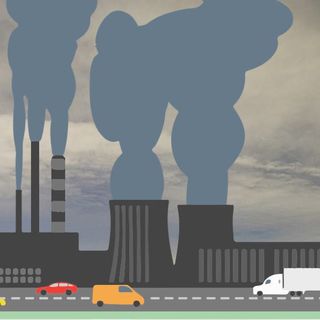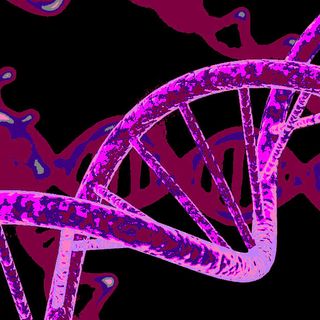The human brain is one of the most complex, mysterious organs in the body, but neuroscience has now answered one of the biggest questions debated over the past decades: The area of the human brain most strongly associated with learning and memory does not continue to produce new neurons throughout our entire life span.
Babies are born with most of the billions of neurons adult brains comprise, and they continue to create new brain cells even after birth. It’s part of what makes their brains so plastic — that is, able to learn at a seeming hyper-speed. But humans obviously continue learning throughout life, far into old age, even if the pace at which we can pick up new skills and knowledge declines. Does this lifelong ability stem from continuous neurogenesis, that is, creation of new brain cells?
Likely not, says Arturo Alvarez-Buylla, PhD, neurological surgeon at UCSF and one of the leading experts in this field. Alvarez-Buylla led a team of scientists from the University of California, San Francisco, in conducting studies concentrated on the human hippocampus, a region in the brain essential for learning and memory. They discovered that neurogenesis in the human hippocampus declines in infancy, all but disappears by adolescence, and cannot be found in adults.
“We find that if neurogenesis occurs in the adult hippocampus in humans, it is an extremely rare phenomenon, raising questions about its contribution to brain repair or normal brain function,” Alvarez-Buylla says.
His lab analysed 59 samples of human hippocampus from various age groups, collected by UCSF and other collaborators from around the world. Using a technique to identify the various stages of maturity in neurons, they found no evidence of new neurons in adult brain samples.
This finding flies in the face of Alvarez-Buylla’s earlier work, which has shown new neurons are born throughout the lifespan of songbirds and rodents, and could affect treatment of diseases such as Alzheimer’s and mental health disorders. More broadly, it opens up a new area of exploration into how the human brain is capable of learning through the entire lifespan, and upends what we thought we knew about brain anatomy and function.
“I think that we need to step back and ask what that means,” says Shawn Sorrells, PhD, a senior researcher in the Alvarez-Buylla lab. “If neurogenesis is so rare that we can’t detect it, can it really be playing a major role in plasticity or learning and memory in the hippocampus?”




